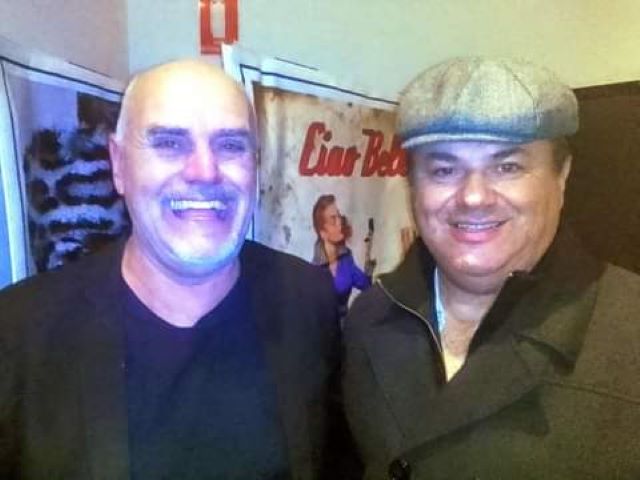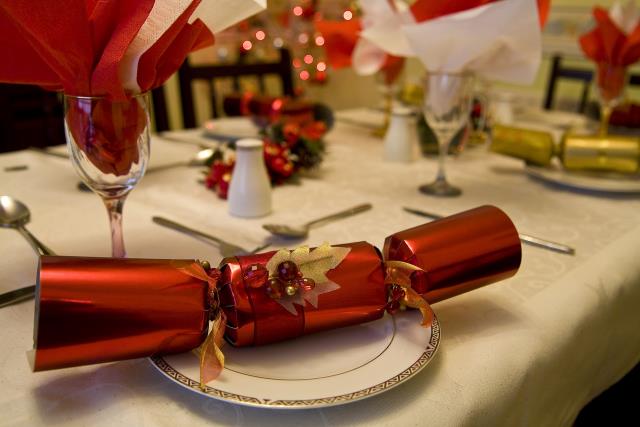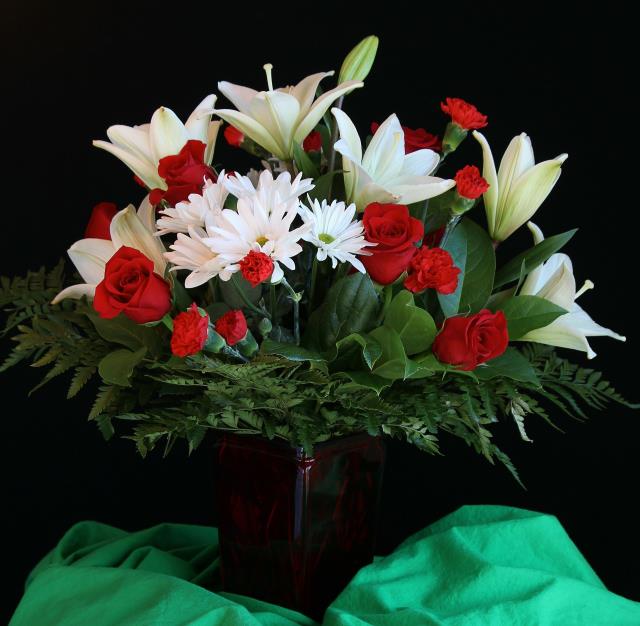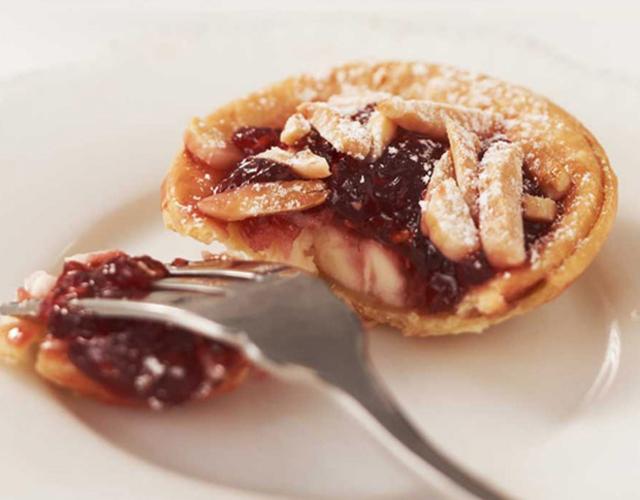Williamstown recently played host to a collaboration between the sons of two post-war European migrants, more than six decades after their fathers spent time at the same migrant camp.
On August 23, the Williamstown Italian Social Club (WISC) hosted a presentation of Bonegilla The Migrant Experience, a live show about the migrant camp near Wodonga that received more than 300,000 immigrants from post-war Europe between 1947 and 1971.
The show focuses on 14 migrants who passed through Bonegilla before starting life in their adopted country, showing interviews on two screens along with photos, home videos and other memorabilia accompanied by a live soundtrack.
The performance attracted a sold out crowd including many post-war migrants and their families with direct connections to Bonegilla.
Among them was Simon Reich, the host and producer of Bonegilla The Migrant Experience and Leo Notarianni, a Williamstown local who helped organise an exhibition of memorabilia from the migrant camp that was displayed on the night.
As Mr Notarianni explained the connection between the pair went well beyond just that one Friday night performance.
“Simon is the son of Manfred Reich (a migrant from Germany ) who actually lived in Bonegilla migrant camp in 1958 and my father (Joe Notarianni a migrant from Calabria, Italy) was hired as an interpreter on a casual on call basis there at Bonegilla during the 50s and early 60s.”
At the time Joe Notarianni was already well settled in Australia and along with interpreting, worked full-time for the Victoria Railways while also growing tobacco.
“He often helped Bonegilla migrants with parcels at the station and hired migrant workers from Bonegilla to help with harvesting his tobacco,” said Leo Notarianni of his father’s interactions with migrants at the camp.
It’s unclear whether their two fathers crossed paths during this time, but both sons share a deep interest in post-war migrant culture and its connection back to north east Victoria.
For Mr Notaranni, that interest has extended to other events recently held at the WISC, including sourcing cars and memorabilia for the club’s annual Italian festival and screenings of the films The Widow and Big Mama’s Boy, both of which examine Italian migrant life in Australia.
Cade Lucas







